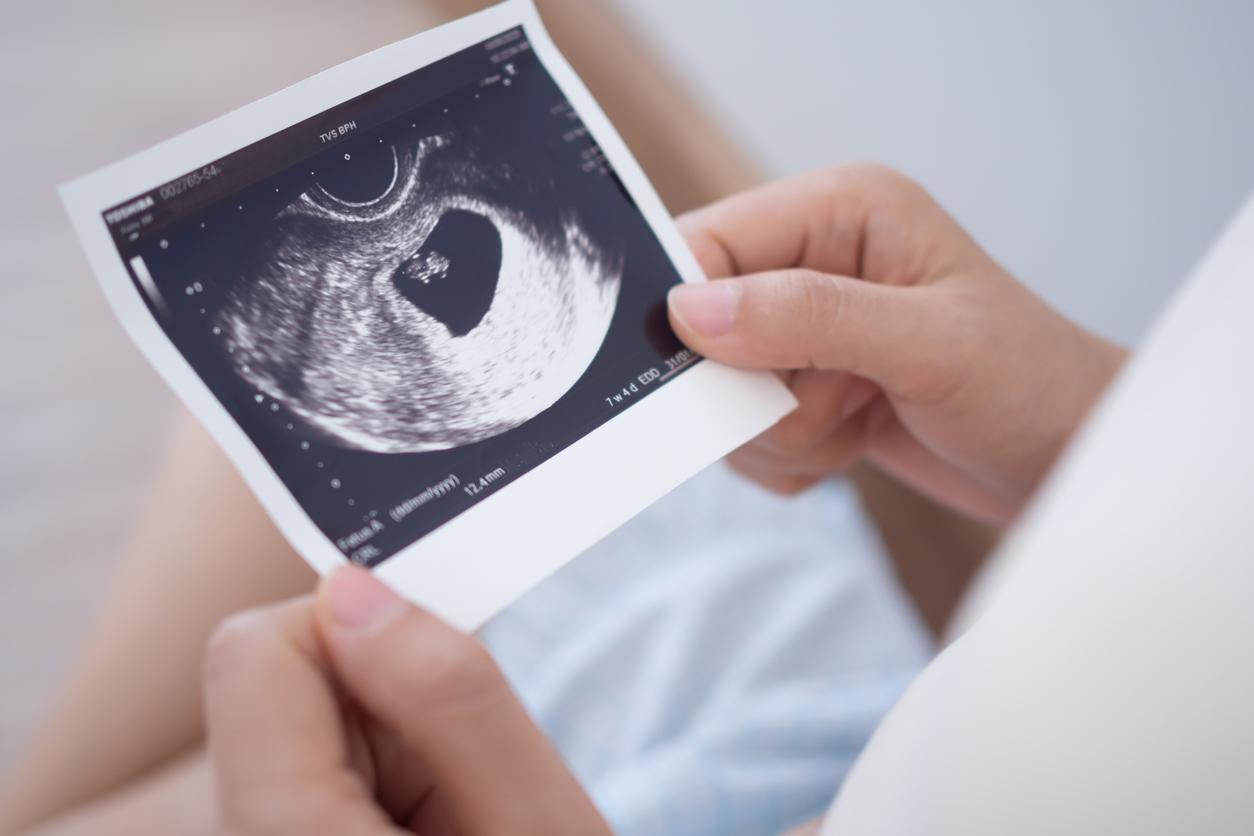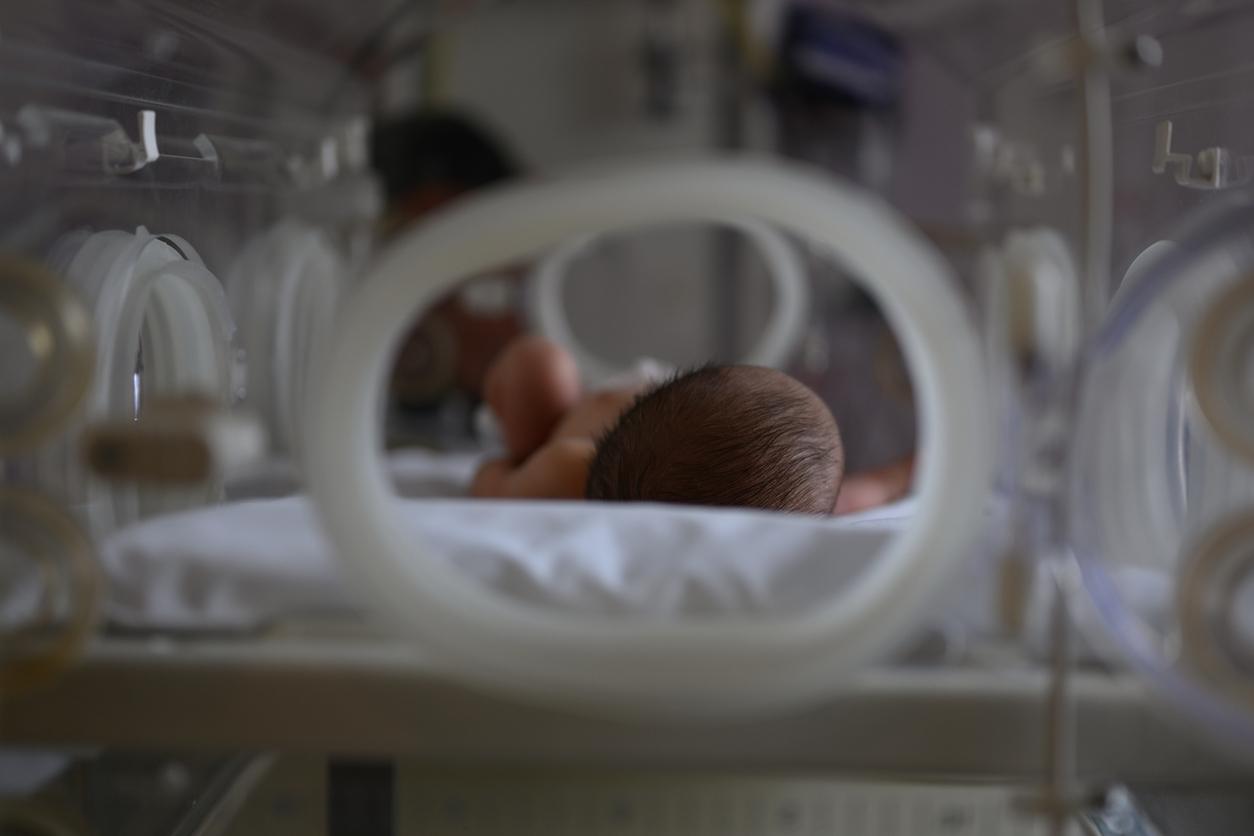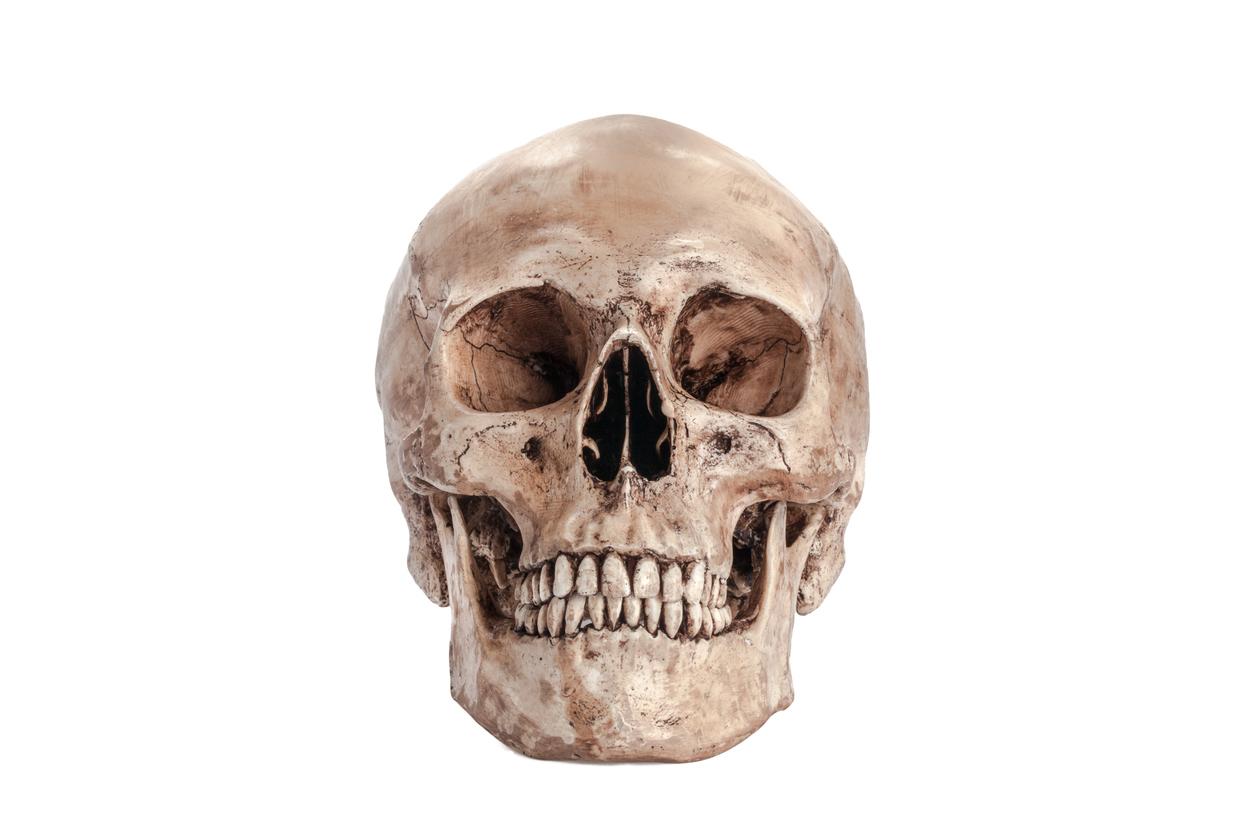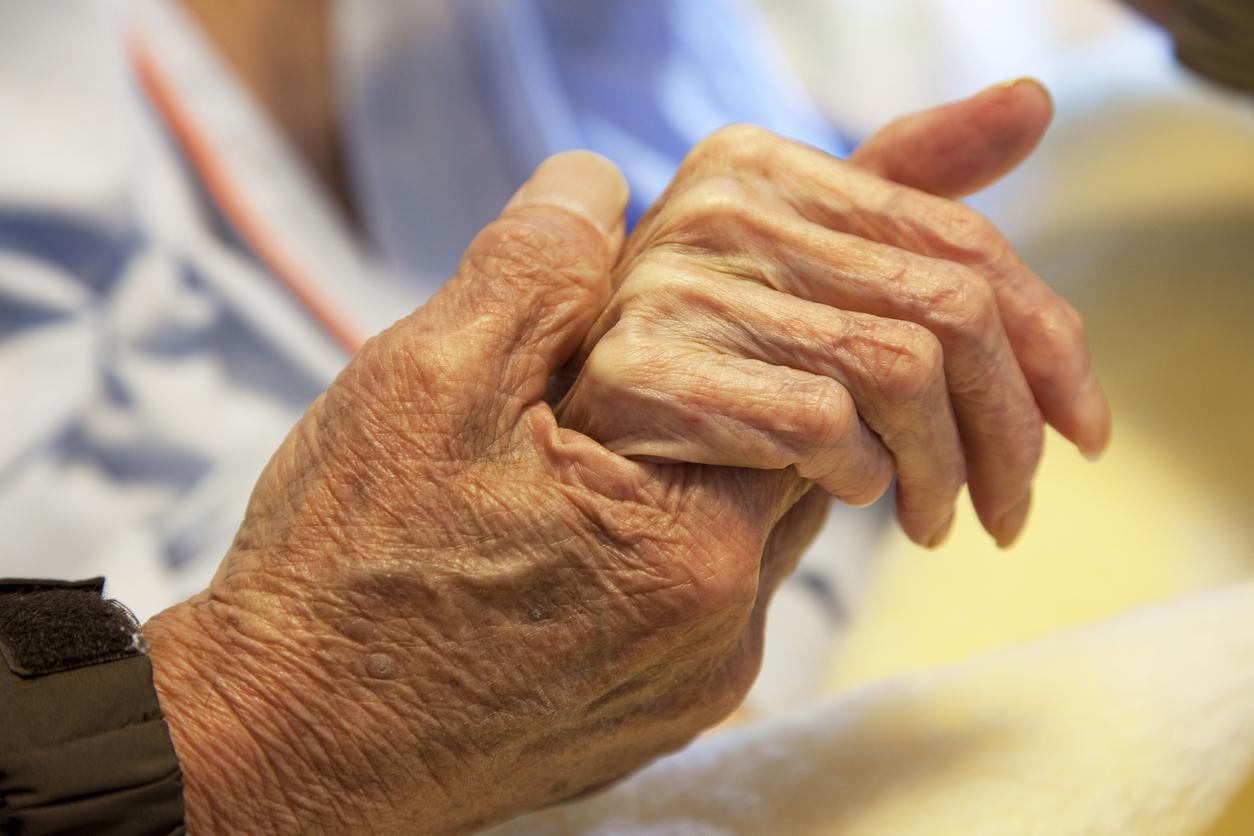What happens in our brain when we die? For the first, neuroscientists provide an answer to this question that has plagued humans since the dawn of time. According to them, death would be like a dream.

- Dreams occur during the so-called REM sleep phase.
- According to scientists, dreams would help us strengthen the brain areas responsible for controlling emotions.
No doubt you have already wondered what the moment of our death could look like. Will you see a white light at the end of a long tunnel? Or will your whole life fly by in a matter of seconds? Or is nothing happening at all?
For the first time, researchers are providing an answer to what is happening in our brain when we pass “to the other side”. In a study published in Frontiers in Aging Neurosciencethey explain that our brain could remain active during and after the transition to death, and that it would be experienced as a dream.
Brain waves raised at the time of death
The starting point for this study occurred when Estonian scientists followed an 87-year-old epileptic patient, where they used continuous electroencephalography (EEG) to detect and treat his seizures. But during these recordings, the patient suffered a heart attack and died. This unexpected event allowed them to record the activity of a dying human brain for the very first time
“We measured 900 seconds of brain activity around the time of death and set out to study what happened in the 30 seconds before and after the heart stopped”explains Dr. Ajmal Zemmar, neurosurgeon at the University of Louisville (United States), who led the study.
Just before and after the heart stopped, scientists saw changes in a specific band of brain oscillations. These “brain waves” are patterns of rhythmic brain activity normally present in living human brains. The different types of recorded oscillations, notably gamma oscillations, are involved when a person concentrates, dreams, meditates, or remembers past events.
“By generating oscillations involved in memory retrieval, the brain could play a last recall of important life events just before we die, similar to those reported in near-death experiences”notes Dr. Zemmar.
A questioning of the organ donation protocol?
These results are all the more convincing since similar changes in gamma oscillations have already been observed in rats. This therefore means that the human brain, like that of other species, organizes and executes a biological response at the time of death.
“One thing we can learn from this research is this: Although our loved ones may have their eyes closed, their brains may be replaying some of the most enjoyable times they have had in their lives.”, emphasizes Dr. Zemmar. He also believes that these results “challenging our understanding of exactly when life ends”and that this could lead to important questions in the future, especially those related to the timing of organ donation.
.

















